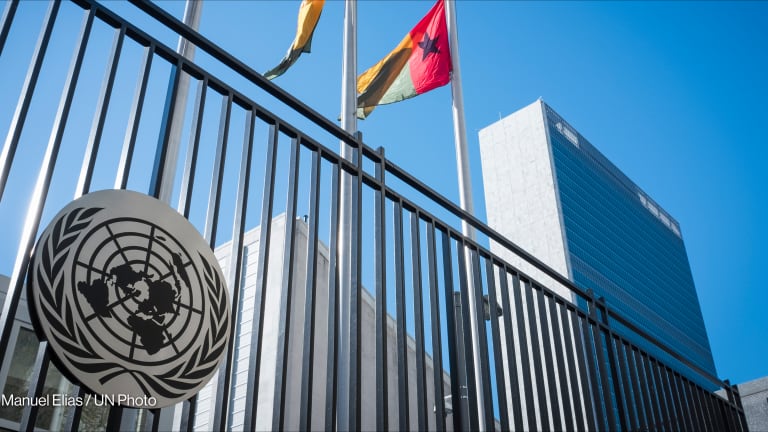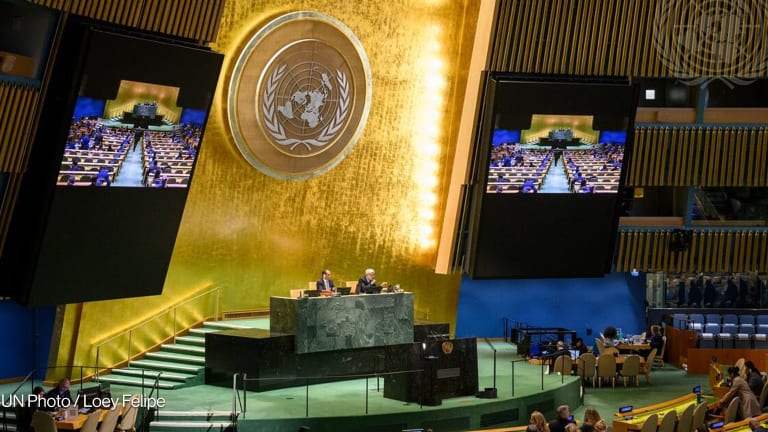Ukrainian President Volodymyr Zelenskyy will make his debut appearance before world leaders next week at the United Nations General Assembly, seeking to rally diplomatic support for his military campaign to dislodge Russia from its territory. But many fret that his arrival at the world’s largest annual summit of presidents, prime ministers, and foreign ministers will detract from an event slated to focus on an issue that historically gets left on the back burner: development.
For much of the global south, 2023 was to be the year that issues at the forefront of their interests — development, debt relief, climate reparations, reform of the international financial system — would move to the center of gravity in an institution that has devoted much of the post-Cold War era to managing conflicts from the Balkans to the Middle East, battling terrorism, and pushing back on Iran and North Korea’s nuclear programs.
U.N. Secretary-General António Guterres has scheduled a summit during the assembly, known as UNGA, on Monday and Tuesday to take stock of the lack of progress in achieving the aspirations of the Sustainable Development Goals, or SDGs, an unwieldy list of 17 hard-to-remember targets, including an end to poverty by the year 2030.








